Investigatory Powers Bill: Hackers could access security backdoors
Why David Cameron is wrong about backdoors, and the Netherlands is right
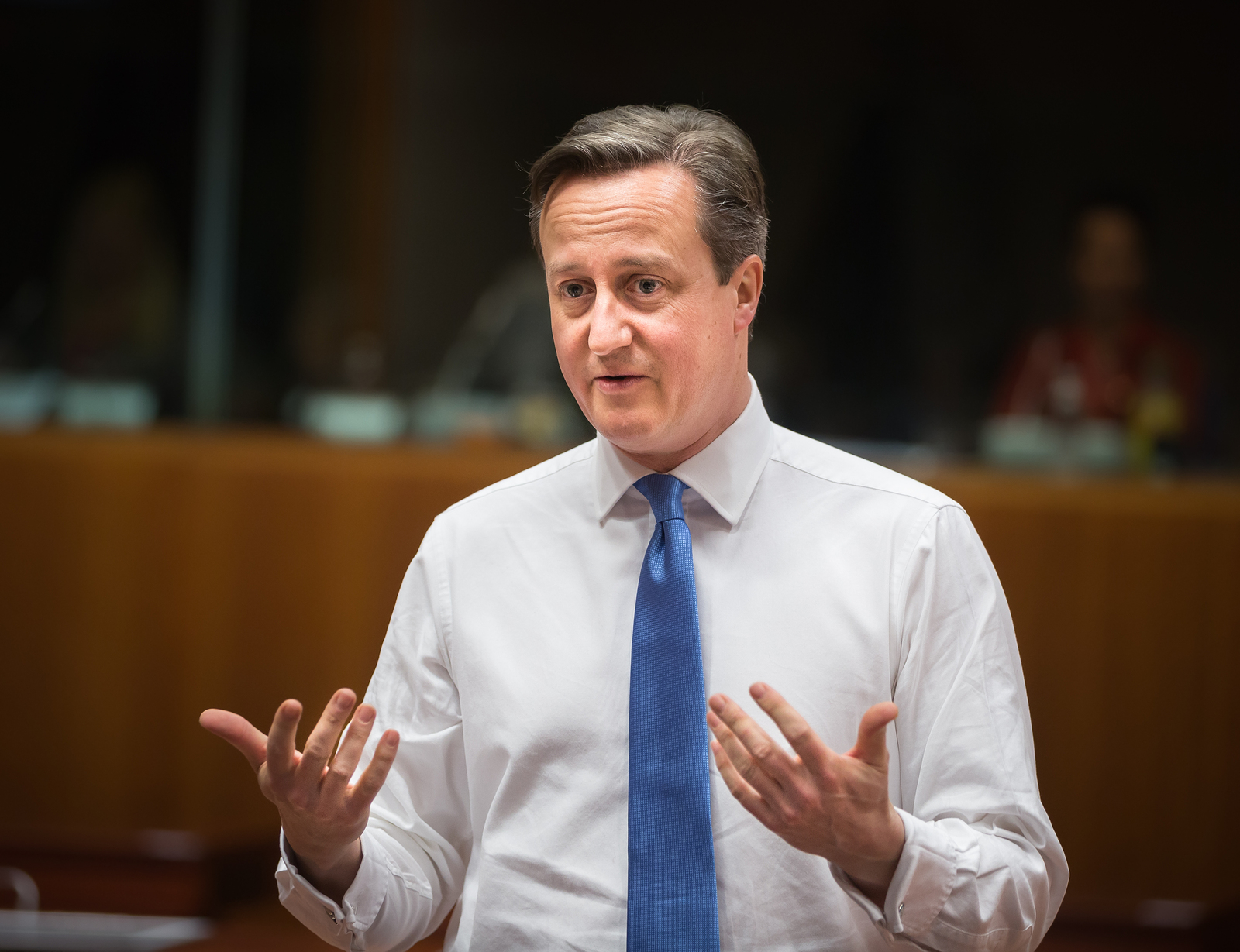

While the UK government continues to push forward with the notion that encryption backdoors are a good thing and encryption is bad because terrorists and paedophiles use it, others have a slightly more informed opinion.
Take, for example, the Dutch government, which this week declared something approaching a passion for strong encryption.
In an English translation of the Dutch government's statement, Dutch security and justice minister Ard van der Steur is clearly shown to have a much better understanding of technology than either Prime Minister David Cameron or Home Secretary Theresa May.
Arriving at the conclusion that "it is currently not appropriate to adopt restrictive legal measures against the development, availability and use of encryption" within the Netherlands, van der Steur shows that he gets how backdoors would make encrypted data vulnerable to not only criminals and foreign intelligence services but, yes, also to the very terrorists that Cameron and his cohorts argue they would protect us from.
Backdoor access is, simply put, not a one-way street. You cannot introduce such a weakness into a security product and expect it to only be exploitable by yourself. Well, Cameron obviously does expect exactly that, which means that he's either an idiot or has been getting very poor technical advice: most likely a bit of both, if you ask me.
Van der Steur, meanwhile, appears to be spot on when he notes that backdoors "could have undesirable consequences for the security of information communicated and stored" as well as the core integrity of IT systems which are "increasingly of importance for the functioning of the society".
We cannot forget, however, that this Dutch government statement is put together by politicians and so the language used is all important. Language such as "is currently not desirable" which implies that it could become so if there's a political will to change things.
Get the ITPro daily newsletter
Sign up today and you will receive a free copy of our Future Focus 2025 report - the leading guidance on AI, cybersecurity and other IT challenges as per 700+ senior executives
What I do know is that, currently, the UK and US governments appear to be on a collision course with IT and I suspect will continue to use terrorist atrocities as emotional leverage to drive badly thought out, commercially damaging and privacy-harming policies as far as weakening encryption usage is concerned.
Cameron appears to have more of an appetite for this than President Obama, and while the draft Investigatory Powers Bill may have stopped short of banning end-to-end encryption services, it does require backdoor access for law enforcement officials.
If this becomes law, then I guarantee that UK PLC will suffer as business moves data out of the country and to locations where strong encryption without backdoors is available.
UK companies who make secure products have also spoken of relocating outside of the UK rather than have to bow to legal moves to build backdoors into them.
Of course, whether the UK stays in the EU could impact upon all of this: Privacy of communication is a fundamental right that the European Convention on Human Rights (and Charter of Fundamental Rights of the EU) protects.
The 'security soundbite' may win the popular vote among some, but the economy will surely suffer just as much as our right to privacy. Once the masses realise that any law weakening encryption is actually taking us down the exact same road as regimes with poor human rights records, then even the 'nothing to hide, nothing to fear' right-leaning brigade might start thinking twice...
Davey is a three-decade veteran technology journalist specialising in cybersecurity and privacy matters and has been a Contributing Editor at PC Pro magazine since the first issue was published in 1994. He's also a Senior Contributor at Forbes, and co-founder of the Forbes Straight Talking Cyber video project that won the ‘Most Educational Content’ category at the 2021 European Cybersecurity Blogger Awards.
Davey has also picked up many other awards over the years, including the Security Serious ‘Cyber Writer of the Year’ title in 2020. As well as being the only three-time winner of the BT Security Journalist of the Year award (2006, 2008, 2010) Davey was also named BT Technology Journalist of the Year in 1996 for a forward-looking feature in PC Pro Magazine called ‘Threats to the Internet.’ In 2011 he was honoured with the Enigma Award for a lifetime contribution to IT security journalism which, thankfully, didn’t end his ongoing contributions - or his life for that matter.
You can follow Davey on Twitter @happygeek, or email him at davey@happygeek.com.
-
 CyberOne appoints Microsoft’s Tracey Pretorius to its advisory board
CyberOne appoints Microsoft’s Tracey Pretorius to its advisory boardNews The threat intelligence leader will provide strategic guidance to CyberOne’s executive team
By Daniel Todd
-
 CISA issues warning in wake of Oracle cloud credentials leak
CISA issues warning in wake of Oracle cloud credentials leakNews The security agency has published guidance for enterprises at risk
By Ross Kelly
-
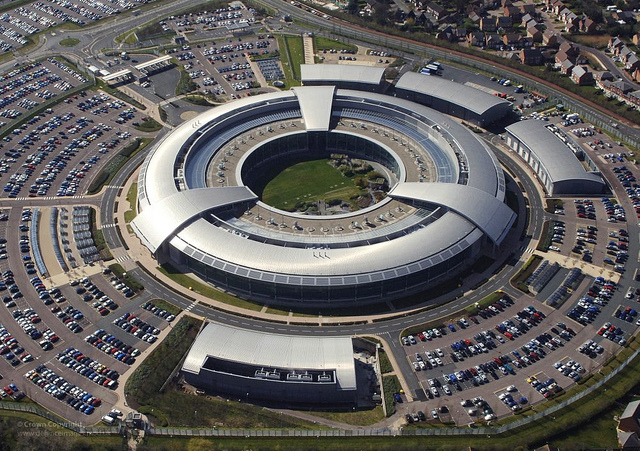 Government 'must be held to account' over illegal Snooper's Charter
Government 'must be held to account' over illegal Snooper's CharterNews Gov should be given until April to make changes to the Investigatory Powers Act, court told
By Dale Walker
-
 UK faces challenges to bulk spying in European Court of Human Rights
UK faces challenges to bulk spying in European Court of Human RightsNews Privacy groups argue bulk data collection breaches Article 8 in landmark court case
By Dale Walker
-
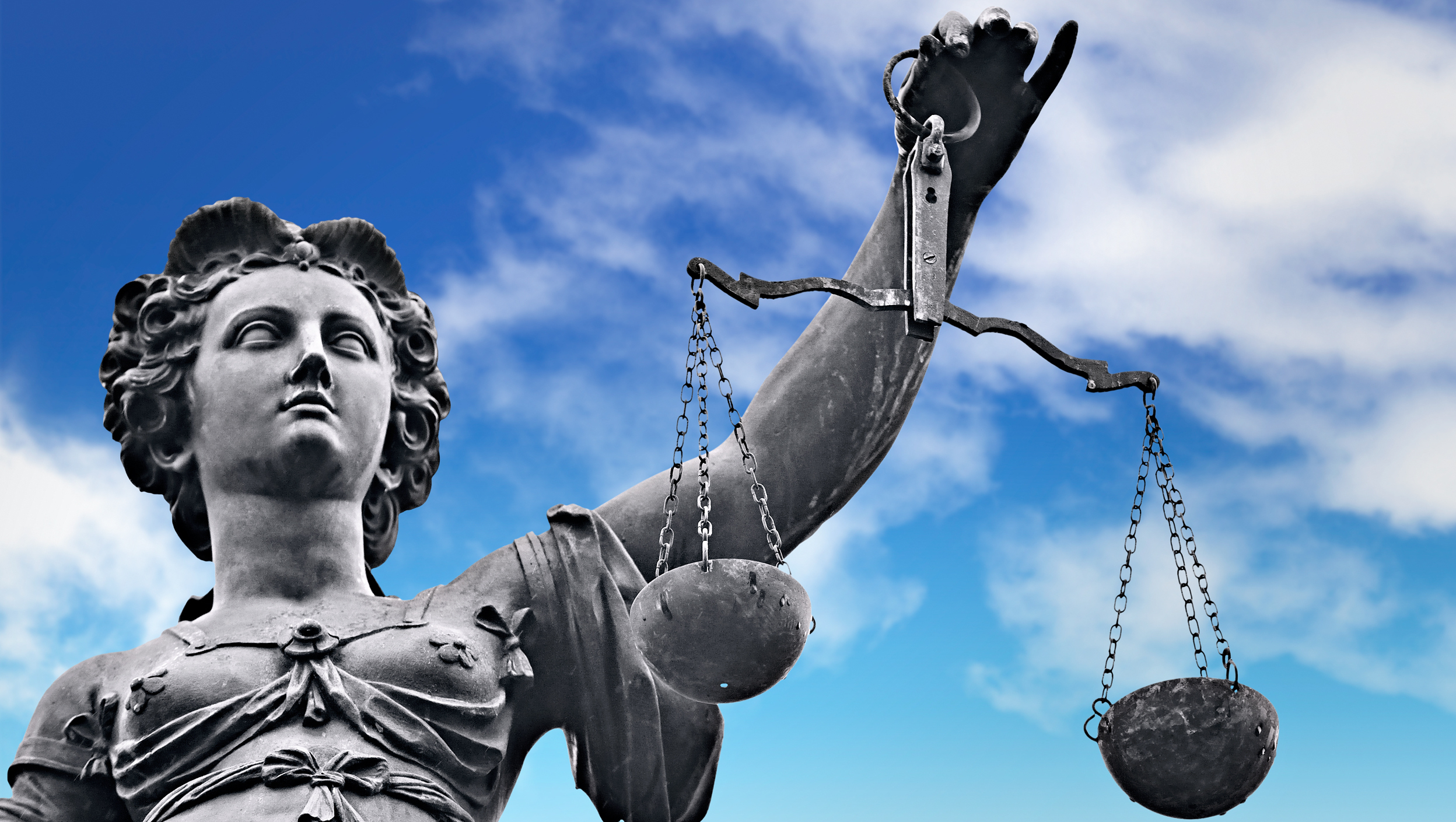 Liberty wins right to challenge Snooper’s Charter
Liberty wins right to challenge Snooper’s CharterNews Campaign group's crowdfunded challenge gets High Court go-ahead
By Rene Millman
-
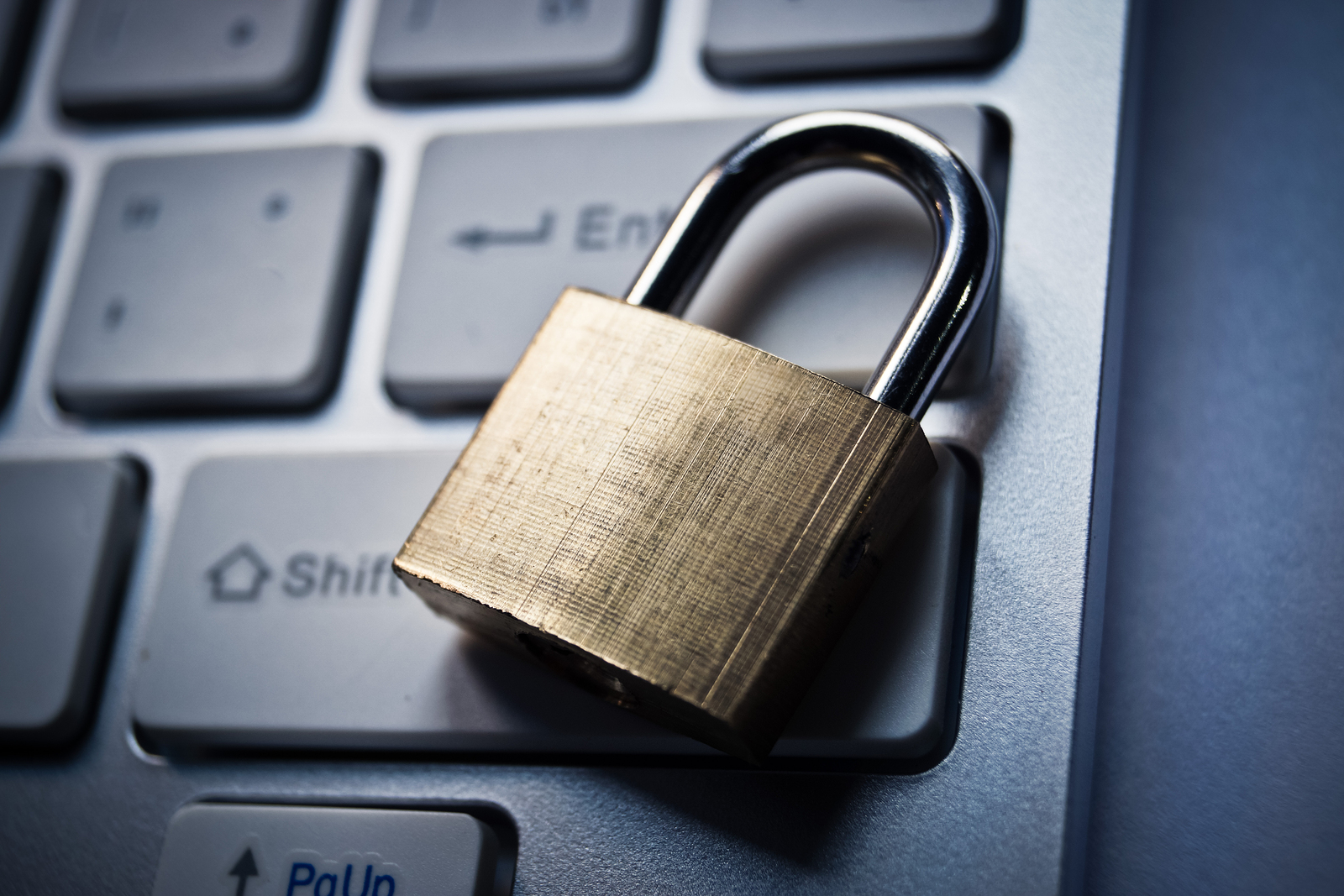 The government needs to abandon its war on WhatsApp
The government needs to abandon its war on WhatsAppOpinion Encryption might seem like an easy target, but mess with it at your peril
By Adam Shepherd
-
 “Deeply misguided”: tech industry rejects Rudd’s attack on encryption
“Deeply misguided”: tech industry rejects Rudd’s attack on encryptionAnalysis Experts warn that banning encryption leaves UK open to hackers
By Adam Shepherd
-
 The fight against the Investigatory Powers Bill isn't over yet
The fight against the Investigatory Powers Bill isn't over yetOpinion The Snooper's Charter may have been struck down - but it will be back
By Adam Shepherd
-
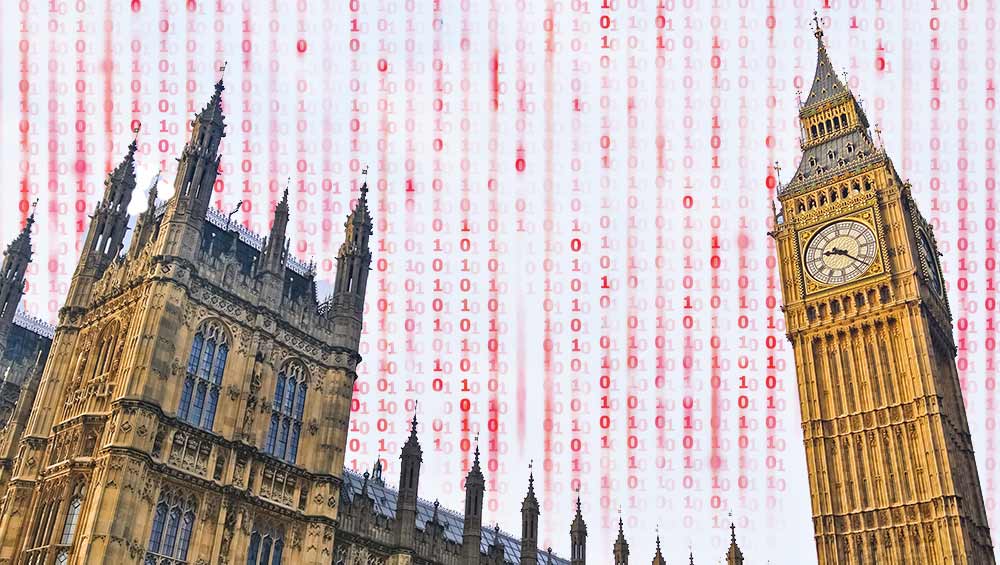 Investigatory Powers Bill passes through Parliament
Investigatory Powers Bill passes through ParliamentNews Now only Royal Assent is required to enshrine Snooper's Charter in UK law
By Joe Curtis
-
 GCHQ, MI5 and MI6 "unlawfully" collected data for over a decade
GCHQ, MI5 and MI6 "unlawfully" collected data for over a decadeNews Tribunal rules GCHQ, MI5 and MI6 surveillance breached Article 8 of the ECHR
By Dale Walker